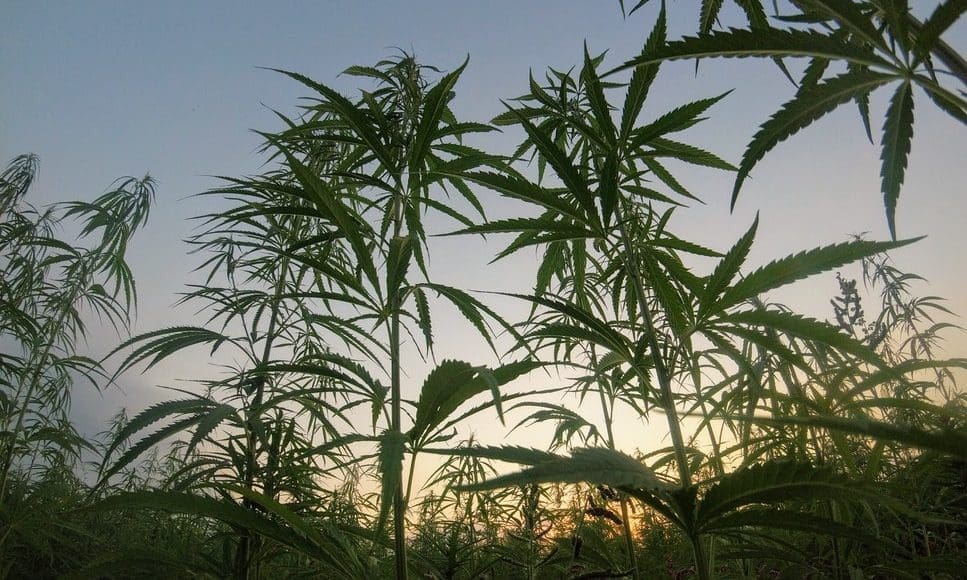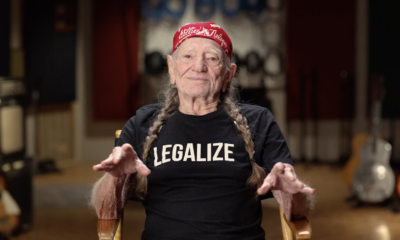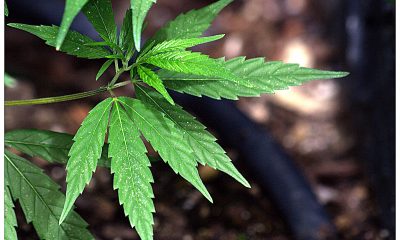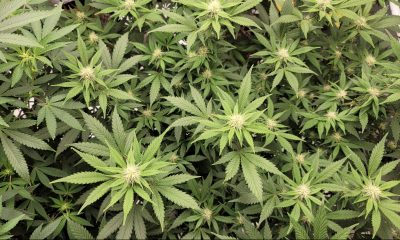Politics
Oregon Marijuana Businesses Impacted By Wildfires Are Ineligible For Federal Relief, Agency Confirms

Small businesses impacted by recent wildfires in Oregon are now eligible for federal disaster relief—unless that business happens to be marijuana-related, that is.
The Small Business Administration (SBA) announced last week that people in certain areas of Oregon can apply for disaster assistance loans. But a representative from the agency told Marijuana Moment that cannabis companies are excluded because marijuana remains federally prohibited.
“Marijuana businesses are not eligible to apply for SBA disaster loans,” SBA spokesperson Carol Chastang said, adding that the relief also doesn’t extend to agriculture businesses so even hemp farmers don’t qualify regardless of the crop’s legal status.
Businesses, nonprofits, homeowners, and renters impacted by the devastating fires raging in Oregon can now apply for federal disaster loans. Find out if you’re eligible: https://t.co/4GMwvFRBRt
— Ron Wyden (@RonWyden) September 17, 2020
That said, people who work in either the marijuana or hemp market whose primary residence is damaged or destroyed by the fires can apply.
“However, they would be ineligible for SBA assistance if they were running the marijuana business out of their home,” Chastang said.
Relief for the industry is seriously needed amid the rampant wildfires. According to the Oregon Liquor Control Commission, 20 percent of marijuana businesses in the state have been encouraged to evacuate. Regulators are also asking cannabis business owners to fill out a survey so they can get a better sense of how extensive the damage is.
“Wildfires around the state have had a devastating impact on Oregonians,” the regulatory body said on Thursday. “Authorities still don’t know how widespread the impact is.”
As of Tuesday, seven cannabis business have been destroyed by the fires and at least a dozen have been damaged, Oregon Live reported.
The timing isn’t ideal, either, as consumer demand for marijuana products has been up amid the pandemic. In July, the state broke its record for cannabis sales, with about $106 million in medical and recreational cannabis purchases.
This is one of the latest examples of how federal prohibition puts state-legal cannabis companies at a disadvantage. SBA earlier this year said that marijuana businesses—and even firms that work “indirectly” with the industry—don’t have access to the agency’s coronavirus relief programs.
The hemp market is treated much differently by SBA since the crop and its derivatives were federally legalized under the 2018 Farm Bill.
SBA has actively touted the economic potential of hemp, and it recently urged the U.S. Department of Agriculture to extend a reopened public comment period on its proposed hemp regulations to give farmers more time to submit feedback since its the busy harvest season in certain regions.
Federal Deadlines Loom For Public Comments On Marijuana Research, Hemp, CBD And Drug Testing
















